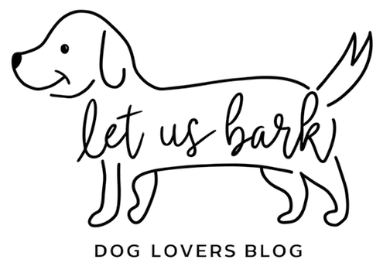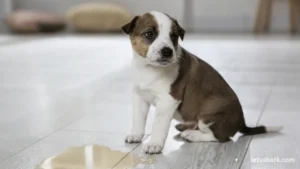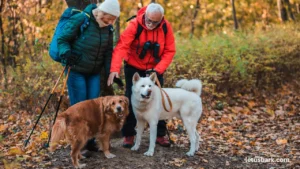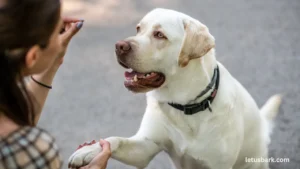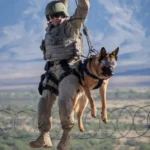Pet owners may find themselves in a state of frustration and confusion when their pets undergo a setback in their potty training. Just when you believe that your four-legged companion has finally mastered the skill of using the bathroom outside, they begin to have accidents inside the home once more.
However, you should not be concerned because you are not the only one going through this issue. Several dog owners have reported experiencing the same difficulties when it comes to the process of toilet training their cherished pets.
In this post, we will look into the reasons why dogs may have a regression in their potty training, and we will also give you with expert advice and ideas to assist you in navigating through this challenging phase. We have you covered in every aspect of the process, from gaining a knowledge of the factors that contribute to regression to carrying out efficient training procedures.
The guidance that we provide will assist you in getting back on track with your efforts to train your dog to use the potty, regardless of whether you have a young puppy who is still learning the ropes or an older dog who is having difficulty maintaining consistency. Now is the time to acquire a pen and paper, make some notes, and get ready to say goodbye to those unwelcome mishaps that frequently occur in the house.
Contents
- 1 Understanding Potty Training Regression in Dogs
- 2 Reasons for Potty Training Regression in Dogs
- 3 Tips to Handle Potty Training Regression
- 4 Preventing Potty Training Regression
- 5 Conclusion
- 6 FAQs
- 6.1 What is dog potty training regression?
- 6.2 What are the signs of potty training regression in dogs?
- 6.3 What are the common causes of potty training regression in dogs?
- 6.4 How can I help my dog if they are regressing in their potty training?
- 6.5 How do I get my puppy back on track with potty training after regression?
Understanding Potty Training Regression in Dogs
What is potty training regression in dogs?
Potty training regression in dogs refers to the phenomenon where a previously potty-trained dog starts having accidents inside the house. This regression can be frustrating for dog owners and confusing for the canine companion. It often involves the dog forgetting their potty training habits and reverting to eliminating inside the house.
Common signs of regression in a potty-trained dog
Signs of regression in a potty-trained dog may include urinating or defecating inside the house, even though they were previously house trained. Your dog may start having accidents in areas where they normally wouldn’t, indicating a change in behavior and potty habits.
How can regression impact the training progress?
Potty training regression can significantly impact the training progress of your dog. It can lead to confusion for the pet, frustration for the owner, and setbacks in the overall training process. Understanding the reasons behind this regression is crucial to address and rectify the issue effectively.
Reasons for Potty Training Regression in Dogs
Possible reasons your dog may regress in potty training
There are various reasons why your dog may regress in potty training. These can range from changes in routine, underlying medical issues, behavioral problems such as separation anxiety, or even forgetting their training due to various factors.
How to differentiate between behavioral regression and a medical issue
It is essential to differentiate between behavioral regression and a medical issue when addressing potty training problems in dogs. Behavioral regression can be due to stress, changes in environment, or lack of consistent reinforcement. On the other hand, a medical issue like a urinary tract infection can also lead to accidents inside the house.
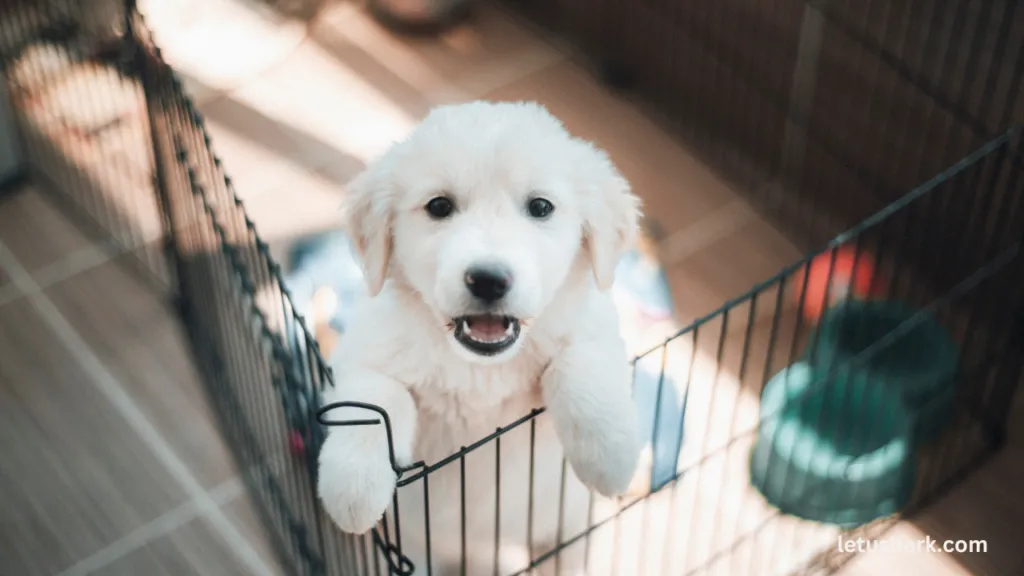
Addressing separation anxiety as a cause of regression
Separation anxiety can be a significant cause of potty training regression in dogs. When dogs experience anxiety when left alone, they may exhibit destructive behaviors, including having accidents inside the house. Addressing separation anxiety through training, behavior modification, and creating a safe environment can help prevent regression in potty training.
Tips to Handle Potty Training Regression
Utilizing positive reinforcement to get your dog back on track
Positive reinforcement is a powerful tool to help your dog get back on track with their potty training. Rewarding good behavior, such as going potty outside, can reinforce the desired habits and discourage accidents inside the house.
Consulting a dog trainer or veterinarian for professional help
If your dog is facing persistent potty training regression, seeking professional help from a dog trainer or veterinarian is advisable. They can assess the situation, provide guidance on behavior modification techniques, and rule out any underlying medical issues that may be contributing to the problem.
Creating a consistent potty schedule to prevent future regression
Establishing a consistent potty schedule for your dog is essential to prevent future regression in potty training. Regular potty breaks, especially after meals and playtime, can help reinforce good habits and reduce the chances of accidents inside the house.
Preventing Potty Training Regression
Establishing a routine for regular potty breaks
To prevent potty training regression, establish a routine for regular potty breaks for your dog. Consistency is key in reinforcing good potty habits and preventing accidents inside the house.
Recognizing early signs of a urinary tract infection that may affect training
Recognizing early signs of a urinary tract infection in your dog is crucial, as it can affect their potty training. Symptoms such as frequent urination, straining to urinate, or blood in the urine should prompt a visit to the veterinarian for proper diagnosis and treatment.
Addressing inflammatory bowel issues that could lead to regression
Inflammatory bowel issues can also contribute to potty training regression in dogs. If your dog is experiencing digestive problems or unusual bowel movements, consult with your veterinarian to address these issues and prevent regression in their potty training.
Conclusion
Potty training regression in dogs can be a difficult experience; however, it is more bearable if the appropriate strategy is used. The most important thing is to determine the cause, whether it is due to changes in routine, stress, or medical concerns, and then implement appropriate solutions to deal with it.
Reestablish a routine that is regular, make use of positive reinforcement, and regulate the surroundings in order to reduce the number of accidents that occur. Keep in mind that you should completely clean up any accidents and refrain from punishing yourself, since this might lead to additional stress and setbacks.
In the event that the issue continues, it is recommended that you seek the guidance of a competent dog trainer or behaviorist. If you are patient and consistent, you will be able to assist your dog in regaining their ability to potty train, and in the process, you will be able to strengthen your bond with them.
FAQs
What is dog potty training regression?
Dog potty training regression refers to a situation where a previously house-trained dog starts having accidents indoors.
What are the signs of potty training regression in dogs?
Signs of potty training regression in dogs include frequent accidents indoors, sudden increase in urination, and decreased signals to go outside.
What are the common causes of potty training regression in dogs?
Common causes of potty training regression in dogs include changes in routine, medical issues, stress, lack of consistent training, and territorial marking.
How can I help my dog if they are regressing in their potty training?
To help your dog if they are regressing in their potty training, ensure a consistent potty routine, use enzymatic cleaner for accidents, reinforce positive behavior, and consult a vet if needed.
How do I get my puppy back on track with potty training after regression?
To get your pup back on track with potty training after regression, revisit basic training, increase potty breaks, reward positive behavior, and be patient and consistent in your approach.
